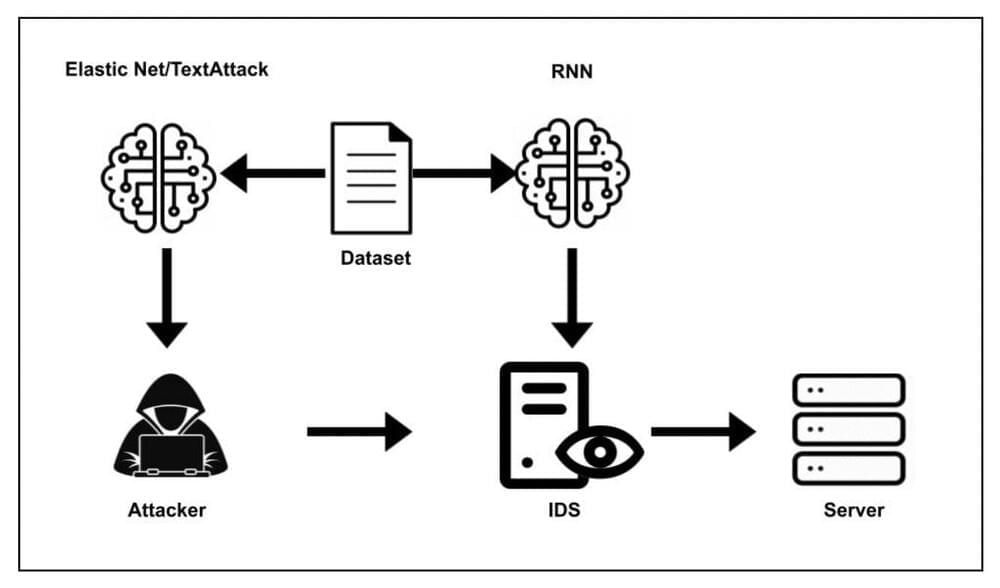In November last year, an undercover agent with the FBI was inside a group on Amazon-owned messaging app Wickr, with a name referencing young girls. The group was devoted to sharing child sexual abuse material (CSAM) within the protection of the encrypted app, which is also used by the U.S. government, journalists and activists for private communications. Encryption makes it almost impossible for law enforcement to intercept messages sent over Wickr, but this agent had found a way to infiltrate the chat, where they could start piecing together who was sharing the material.
As part of the investigation into the members of this Wickr group, the FBI used a previously unreported search warrant method to force one member to unlock the encrypted messaging app using his face. The FBI has previously forced users to unlock an iPhone with Face ID, but this search warrant, obtained by Forbes, represents the first known public record of a U.S. law enforcement agency getting a judge’s permission to unlock an encrypted messaging app with someone’s biometrics.
According to the warrant, the FBI first tracked down the suspect by sending a request for information, via an unnamed foreign law enforcement partner, to the cloud storage provider hosting the illegal images. That gave them the Gmail address the FBI said belonged to Christopher Terry, a 53-year-old Knoxville, Tennessee resident, who had prior convictions for possession of child exploitation material. It also provided IP addresses used to create the links to the CSAM. From there, investigators asked Google and Comcast via administrative subpoenas (data requests that don’t have the same level of legal requirements as search warrants) for more identifying information that helped them track down Terry and raid his home.







